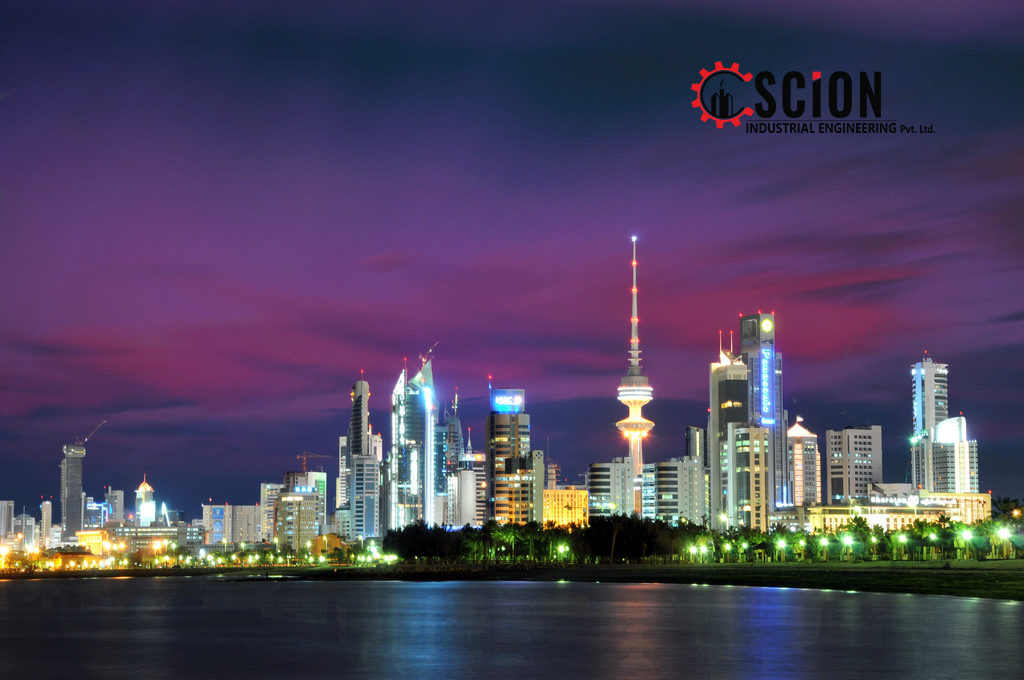It was announced on Thursday that Israel and the United Arab Emirates had reached a deal that will lead to full normalization of diplomatic relations between the two sides.
The deal came after a phone call between United States President Donald Trump, Israeli Prime Minister Benjamin Netanyahu, and Sheikh Mohammed bin Zayed Al Nahyan, crown prince of Abu Dhabi.
The agreement requires Israel to put West Bank annexation on hold, but Netanyahu says it’s temporary.
The UAE is the first Persian Gulf state that rushed to normalize ties with the Zionist regime. It had normalized the relations with Israel a long time ago, not when Trump announced the agreement.
Hashim tells the Tehran Times that the deal between the Emirates and Israel was announced by Trump to help Trump and Netanyahu in their election campaigns, as the Emirati regime wants to see Trump re-elected president for a second term.
“Mohammed bin Zayed believes that Trump will guarantee him the rule in the Emirates to succeed his brother,” Hashim adds.
“Bin Zayed knows well that if Trump loses in November’s presidential election, the new American administration will work to exclude him and Saudi crown prince, Mohammed bin Salman, as all candidates competing with Trump consider bin Zayed and bin Salman accountable for their crimes in Yemen and in several Arab countries,” he maintains.
Pointing to the case of the Emirati girl who was killed in prison in the UAE while she was tied to a torture bed, and Jamal Khashoggi, who was dismembered with a chainsaw in the Saudi consulate in Turkey, Hashim says, “We should not be surprised by the normalization of (ties between) the Emirates and Saudi Arabia with Israel.”
“They are basically part of the Zionist project in the Middle East (West Asia), and it can help to show their true faces to all Arabs and Muslims,” the Saudi analyst says.
Asked about Sayyed Hassan Nasrallah’s speech on Friday night, Hashim notes that the normalization of ties between Arab states and Israel cannot undermine the region’s resistance movement.
“The Axis of Resistance has a strong base not only in Lebanon but among all Arab and Islamic peoples around the world,” the Saudi writer emphasizes.
“The word of secretary-general of the Lebanese Hezbollah resistance movement was a strong statement, including a warning to the enemies and their allies, as it hinted that Israel might have a role in the massive Beirut blast.
Sayyed Hassan Nasrallah warned in his speech if Israeli involvement is proven, the Zionist regime would receive a response as big as the explosion that could have occurred if the entire amount of ammonium had exploded.
Hashim maintains that Nasrallah’s word brings peace and tranquility into the region and lifts fear in everyone’s hearts and gives them confidence, especially when he spoke about ships and soldiers in Beirut port and said, “Do not be afraid. The resistance is present, and we are stronger.”
Hashim points to the victory of Hezbollah in the 33-Day War as a great achievement for every Arab and Muslim that no one can deny it throughout history.
“The Zionist army, which calls itself invincible army that has defeated all Arab armies, was defeated in Lebanon by Islamic resistance movement Hezbollah which expelled Israeli forces from Lebanon and humiliated it,” the Saudi analyst recalls. “All the Arabs and Muslims will protect this victory and celebrate it every year to declare their support for the Islamic Resistance Hezbollah in confronting the American-Zionist plans in the Middle East (West Asia).”
Hashim also says the U.S. is not able to defeat Hezbollah militarily, either through the Zionist regime’s army or through terrorist organizations in Syria and northern Lebanon.
“Therefore, it sought to destabilize Lebanon, hoping to create an atmosphere that would turn against Hezbollah at home,” he explains. “It failed and worked through its agents inside Lebanon to set off a revolution inside Lebanon to disarm Hezbollah, but it has also failed, and any attempt to disarm Hezbollah will be fruitless.”
Regarding the American reaction to the Beirut explosion, Hashim says the U.S. administration that does not care about the lives of the Lebanese or anyone else tried to exploit the disaster in Lebanon, which caused great damages to parts of the Lebanese capital and led to the death of more than 200 people and injured 5,000.
“From the moment of the explosion, the U.S. has been working to politically exploit this tragedy against Hezbollah and its allies in Lebanon and against the Lebanese state, neglecting the disaster,” Hashim stresses.
“America just wants to incite the Lebanese people in the streets against Hezbollah through its allies and agents in the Persian Gulf states and media outlets,” the Saudi analyst says. “But as Secretary-General of Hezbollah Sayyed Hassan Nasrallah said they have failed, and they will be disappointed.”
Source:https://www.tehrantimes.com/news/451283/UAE-and-S-Arabia-are-part-of-the-Zionist-project-in-West-Asia


